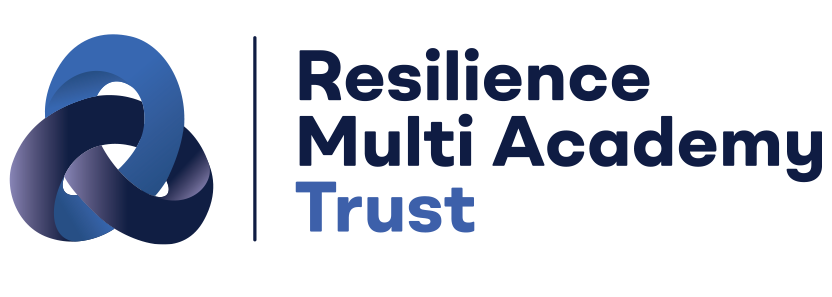Resilience
Intent:
The Resilience Curriculum’s objective is to challenge the fixed mind sets of students and provide them with the knowledge and strategies to change their mind set and behaviours.
The seven different types of resilience are addressed throughout the course – Physical, Behavioural, Endurance, Academic, Emotional, Cultural, Spiritual and Cognitive. Students are expected to identify their strengths in different areas and take on challenges to improve others.
Resilience lessons also aim to develop self-confidence through presentation skills, team work, identifying mistakes and learning from them. Developing good learning habits through learning about the memory, revision techniques and self-belief through their understanding of the brain.
Students also develop a mastery of skills, such as juggling and learning to play chess in order to promote a growth mind set.
As this develops into Years 8 and 9, within Applied Resilience students are further challenged to extend their learning into new areas which they have not experienced before and master new knowledge and skills – again building their self-confidence beyond the traditional curriculum. Rugby and netball, for example, facilitate our students competing, and succeeding, on an equal playing field with far more advantaged students. Other resilience options are offered depending on staff interests and experiences, all of which enable students to develop in a world beyond the curriculum and, again, give them confidence and even a social advantage in the future which they otherwise may not have had.


